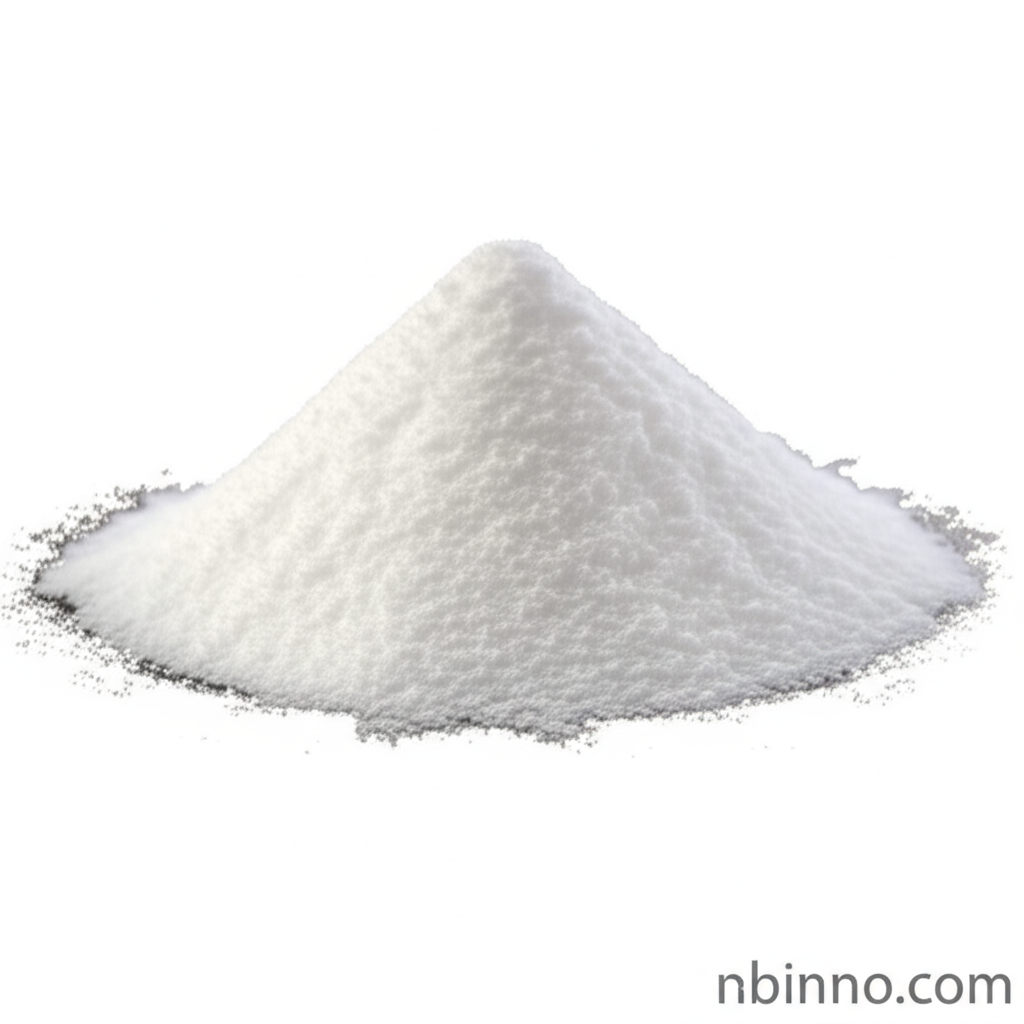Vanillin: Unlocking Anticancer Potential Through Receptor Interactions and Therapeutic Applications
Discover the groundbreaking research on vanillin's role in cancer therapy, exploring its interaction with key cellular receptors.
Get a Quote & SampleProduct Core Value

Vanillin
Vanillin, a natural compound widely recognized for its aroma, is emerging as a significant player in cancer research. Its potential lies in its ability to interact with specific cellular receptors, influencing cancer cell proliferation and survival pathways.
- Explore the vanillin TRPV1 interaction and its implications for cancer development. Research indicates that TRPV1, a non-selective cation channel, can be modulated by vanillin, affecting cancer cell progression.
- Understand the role of CK2 alpha inhibition by vanillin in its anticancer effects. Vanillin demonstrates an ability to inhibit CK2α, an antiapoptotic protein crucial for cancer cell survival, thereby promoting apoptosis.
- Investigate CAMK4 cancer therapy potential. Studies suggest that vanillin binds to CAMK4, a kinase linked to various cancers, inhibiting cell proliferation and inducing apoptosis in certain cancer cell lines.
- Delve into MARK4 vanillin anticancer mechanisms. Vanillin is being explored as a potential inhibitor of MARK4, a kinase that regulates microtubule stability and is overexpressed in many cancer types, offering a new direction for cancer treatment.
Advantages of Vanillin in Cancer Research
Enhanced Chemotherapy Efficacy
Vanillin has shown promise in sensitizing cancer cells to standard chemotherapeutic drugs, a crucial aspect of vanillin chemo-sensitization, potentially leading to more effective treatment outcomes.
Bio-antimutagenic Properties
The compound exhibits significant bio-antimutagenic effects, acting as a protective agent against DNA damage and mutagenesis, which is vital in cancer prevention strategies.
Natural Origin and Safety Profile
As a naturally derived substance, vanillin offers a potentially favorable safety profile compared to synthetic compounds, making it an attractive candidate for drug development.
Key Applications and Research Areas
Pharmaceutical Intermediates
Vanillin serves as a valuable building block in the synthesis of various pharmaceutical compounds, contributing to drug development efforts.
Food and Flavor Industry
Renowned for its characteristic aroma, vanillin is extensively used as a flavoring agent in food, beverages, and confectionery.
Cosmetics and Fragrances
Its pleasant scent makes vanillin a popular ingredient in perfumes, cosmetics, and personal care products.
Dietary Supplementation for Cancer Prevention
Emerging research into vanillin cancer prevention studies suggests its potential role in mitigating cancer risk through dietary intake or supplementation.
